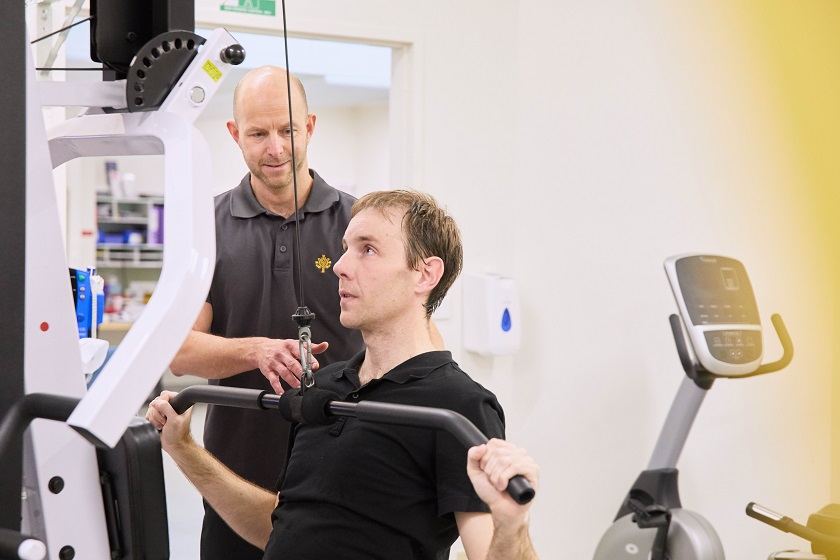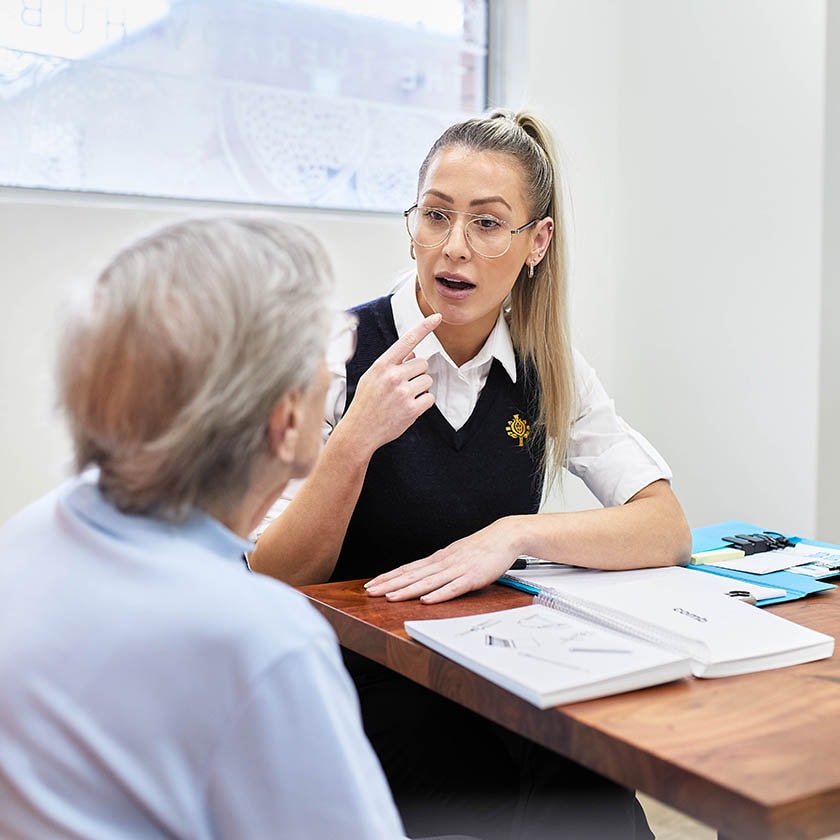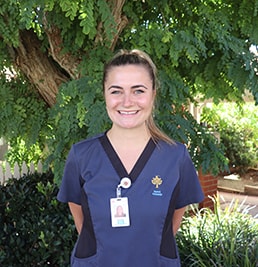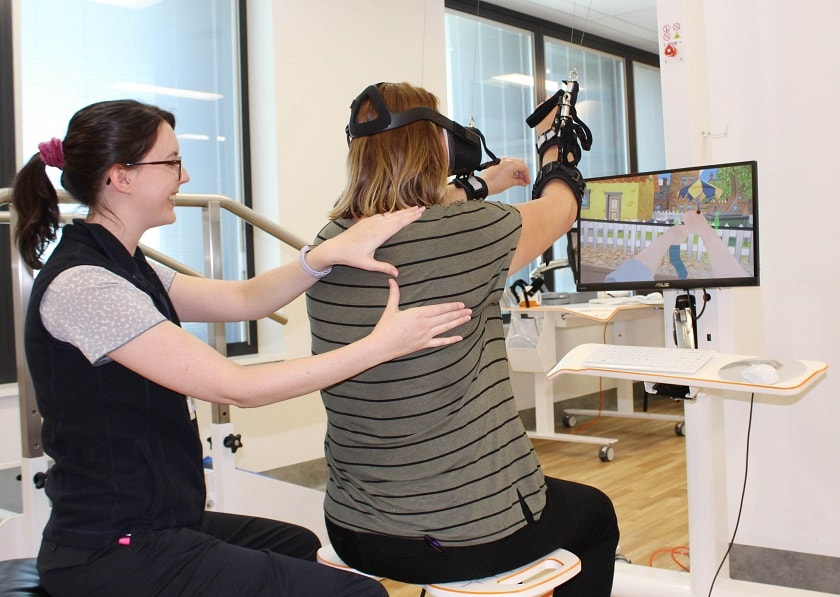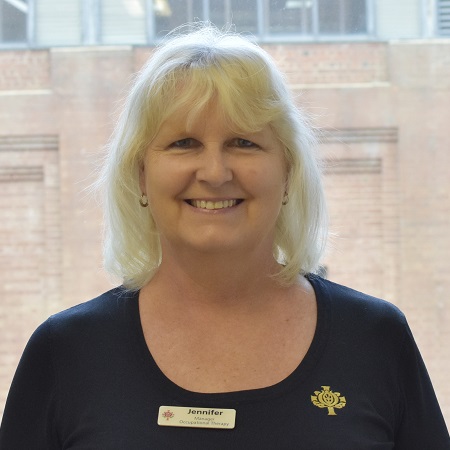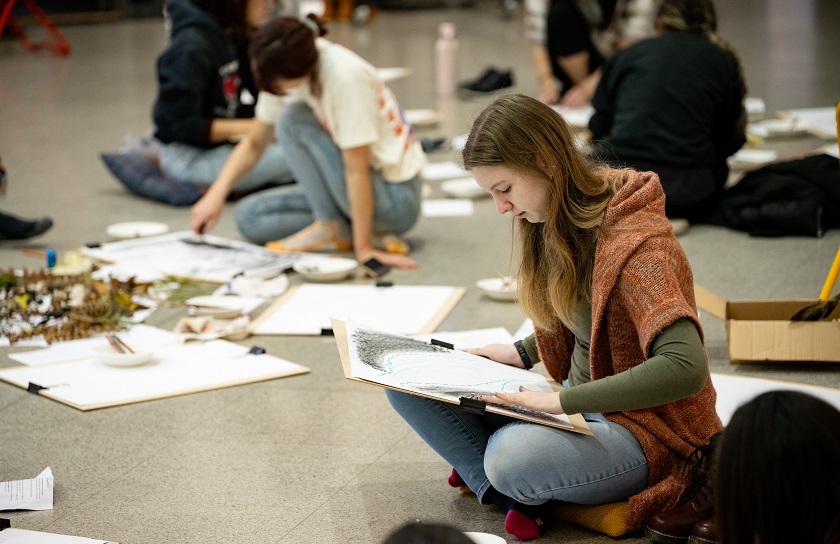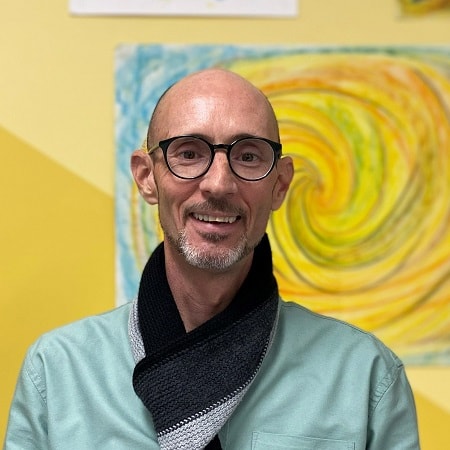A stroke is a medical emergency. The longer a stroke remains untreated, the greater the chance of stroke-related brain damage occurring. Had Bruce's wife and friend not known the signs of stroke to look out for - F.A.S.T. (Face, Arms, Speech, Time) - Bruce may not have sought the critical medical attention he desperately needed for a stroke he never actually knew he’d endured.
Bruce was sceptical at first.
"Despite being told by my wife and friend that I’d had a stroke, I was highly sceptical at the time. I woke up with a bit of a headache that day but I didn’t feel sick. In fact, the last thing I actually remember as I walked toward the ambulance was thinking 'this is all a bit of rubbish to be honest'."
That would be Bruce’s last memory of his life prior to having a stroke, and sadly the last time he would spend time at home or walk unassisted for more than six months. With a bleed on the brain and subsequent blood clots forming, Bruce was unaware when he woke up to go for a run on that fateful day, that he’d had a stroke as he lay sleeping.
“It crept up on me in the middle of the night. It could have killed me, but it didn’t."
"I was very fortunate that my wife noticed that my face didn’t look right and when my friend, who works as a health professional, came by to strap my ankles for the run, he immediately looked at my face, and determined by the way I was carrying my arms, that I’d had a stroke."
As part of National Stroke Week which runs from 2 to 8 August, the Australian Stroke Foundation wants everyone to be united and learn the most obvious signs of stroke. For Bruce, those signs were subtle and easy to ignore.
“I was a bit unco that morning. I didn’t feel particularly like I’d had a stroke but the signs were there for everyone else to see. That’s why it’s important to know them and to act fast. It not only gave me the best chance of survival, it gave me the best chance of recovery too.”
The Stroke Foundation implores everyone to learn and use a simple test known as F.A.S.T. when considering if someone has endured a stroke:
Face: has it drooped?
Arms: Can they lift both of them?
Speech: Is it slurred and do they understand you?
Time: You need to act fast. Time is critical. Call 000 immediately.
It would take six weeks before Bruce could confirm that he’d suffered from a stroke in August last year. Having been put in an induced coma, Bruce was awoken a month and a half later to the terrifying news that he had lost the ability for his body to function the way it once did.
“I really couldn’t do anything when I woke up. I was wheelchair-bound. My motor functions were affected. I had experienced decreased function on one side because the bleed on the brain basically killed the messages going to the left side of my body. I basically had to learn how to walk again.”
Although Bruce has made some progress toward regaining mobility, he is aware that he has a long way to go.
“Since coming to St John of God Frankston Rehabilitation Hospital in March this year, I’ve had the benefit of working with some brilliant physios and occupational therapists. I was able to take some small steps and now I can walk independently around my house and even out to the letterbox.”
Unaware that he could access rehabilitation support through his private health insurance, Bruce was disappointed to learn that the service he was using to support his recovery would be discontinued upon discharge from the hospital he’d been recovering in. That was, until his kids did some investigating of their own and discovered he could become an inpatient of St John of God Frankston Rehabilitation Hospital.
The Active Health and Wellbeing Program at St John of God Frankston Rehabilitation Hospital
Bruce has since gone on to access two inpatient stays and is currently seeing an occupational therapist through the hospital’s outpatient Active Health and Wellbeing Program.
St John of God Frankston Rehabilitation Hospital Manager of Allied Health Taree Gibson said it was a fantastic program that doesn't require a GP referral.
“The clinic offers patients access to specialist clinicians including physiotherapists, exercise physiologists, occupational therapists, dietitians and speech pathologists and ensures patients obtain the best possible health outcomes regardless of their recovery journey."
The Active Health and Wellbeing Program uses modern equipment such as its Tryomotion Amadeo, and Pablo systems - world class technology that improves upper limb, hand and finger movement, as well as the Tymo system which is designed to improve weight shifting capability of the legs. It also provides access to the hospital’s purpose-built rehabilitation gyms and hydrotherapy pool.
“The program is individualised to each patient whether they are there to improve wellbeing after an accident, stroke, injury, illness or surgery. Furthermore, the outpatient program offers a broad range of rehabilitation care that can be conveniently accessed at one single site.”
Bruce has been very happy with the care and support received in the Program.
“The occupational therapists have been up against it a bit with my hand as it requires more intricate work but I’m making small improvements. I hope to make a full recovery... it’s probably an ambitious hope but it’s something I’ll work toward for the rest of my life, and with the outstanding care I’m receiving, I really believe I’ll get there in the end.”
More information
If you’d like to learn more about St John of God Frankston Rehabilitation Hospital's rehabilitation services or its Active Health and Wellbeing Program, please contact 03 9788 3331 to make an appointment.
For more information on National Stroke Week and to learn the signs of stroke, visit www.strokefoundation.org.au.

